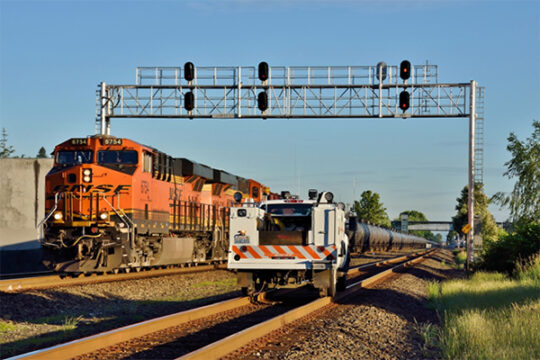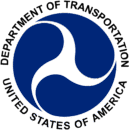
As we roll towards the end of the summer period, the nation continues to grapple with the COVID-19 pandemic. Let’s all remember to social distance, wear masks when needed, and wash our hands. 2020 has turned into a long haul for everyone, but together we can beat this thing. Keep working at it! It was a relatively quiet week in the regulatory world; that at least is not unusual for the late summer. However there are some interesting news items. Here’s the latest:
COVID-19 Specific News:
Transport Canada
The ministry published a document summarizing its intentions vis-à-vis the renewal, or not, of certain emergency exemptions it has granted in reference to coping with the pandemic from a dangerous goods perspective. As a general statement, exemptions pertaining to the ground transport of hand sanitizer and the transport of biological samples will probably be extended, while other current exemptions pertaining to training, means of containment testing, and air transport of hand sanitizer will be allowed to expire. See the document here to learn all the specific details.
FMCSA
The agency published a renewed ICR that tracks accident reporting. FMCSA uses the data to help craft safety policy moving forward. See the renewal here.
The agency announced that it has received an application from the Association of American Railroads and American Short Line and Regional Railroad Association on behalf of themselves and member railroads for an exemption from the following hours of service (HOS) provisions:
- Driving a property-carrying commercial motor vehicle (CMV) without first taking 10 consecutive hours off duty,
- driving after the 14th hour after coming on duty,
- driving more than 11 hours during the 14-hour period after coming on duty,
- driving if more than 8 hours have passed since the end of the last off-duty or sleeper-berth period of at least 30 minutes, and
- driving after accumulating 60 hours of on-duty time in 7 consecutive days (60-hour rule), or 70 hours of on-duty time in 8 consecutive days (70-hour rule).
The applicants contend that the exemption would enable railroad employees subject to the HOS rules to respond to unplanned events that occur outside of or extend beyond the employee’s normal work hours. FMCSA requests public comment on the Associations’ application for exemption by September 21st, 2020. See the request here.
Transport Canada
The ministry published a safety advisory in reference to the use of certain additives to anhydrous ammonia and their potential impact to the physical integrity of the means of containment. Such materials are widely used in the agricultural sector. See the advisory here.
Labelmaster is a full-service provider of products, shipping and training software, and professional consulting services to assist the DG and HS&E professional to comply with national and international regulations. See our full line of solutions at www.labelmaster.com


